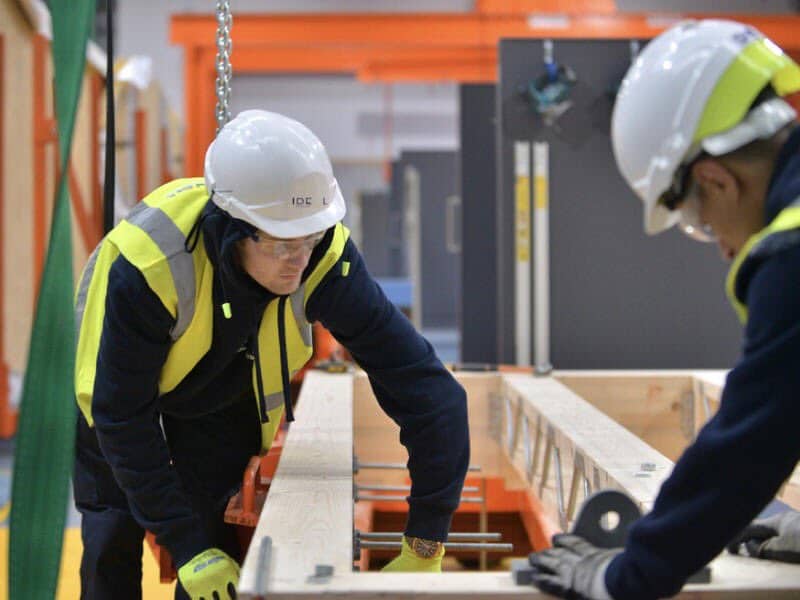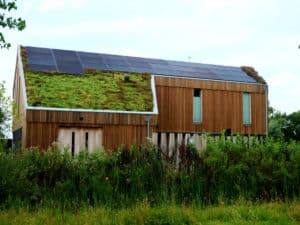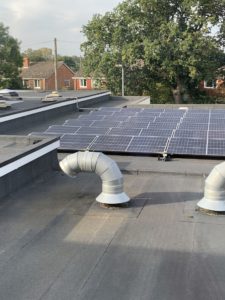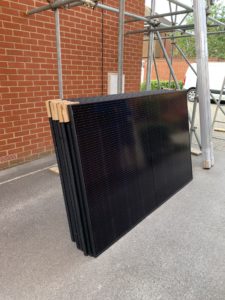We’re very excited to share another article in our popular “Guest Post Series”. Today we’re hearing from the team at Ideal Modular Homes about offsite construction and its role in the housing crisis.
The UK has been facing a housing crisis for some time, currently needing around 340,000 new homes per year just to meet demand. But simply building more homes isn’t going to single handedly solve it. New homes need to be sustainable, affordable and fit for purpose, and be built quickly – this is where modern methods of construction (MMC) and offsite construction could have a huge role to play.
How can the housing crisis be solved?
Offsite construction has the potential to deliver high-quality housing, quickly and in a cost-effective way. For social housing in particular, an area where governments are under increasing pressure to deliver, moving to modular could be the answer.
Modular homes can be manufactured in a factory on a production line in days and then delivered onsite, taking significantly less time and labour to complete than traditionally built homes. A house built offsite can be delivered and installed in a matter of hours meaning less noise, less traffic and less disturbance to neighbouring communities, compared with traditional construction.
How does offsite construction work to support the green agenda?
Not forgetting the government’s 2050 net-zero carbon targets and the fact that the construction industry accounts for 40% of all carbon emissions, the market needs to move to more sustainable alternatives. Not only are modular homes quicker to build and more cost-effective, they are also sustainable as they’re manufactured in a controlled environment. Offsite construction also reduces the carbon footprint of a home as there is a reduction in the total number of deliveries to site.
Making the switch to MMC can significantly reduce waste and can be built using recycled materials, or timber. Not only is the construction greener than a traditional build, the home itself is more energy efficient. Modular homes can be built using sustainable materials and with energy efficient systems, such as solar panels and air source heat pumps, reducing energy bills.
Though modular homes have had negative associations with the low-quality prefabricated homes built following World War Two, MMC have reinvented the market and perceptions are changing. Traditional methods still account for the largest share in the construction industry, but as the sector develops and adapts to meet ever changing government strategies, modular and offsite construction will continue to grow.





















